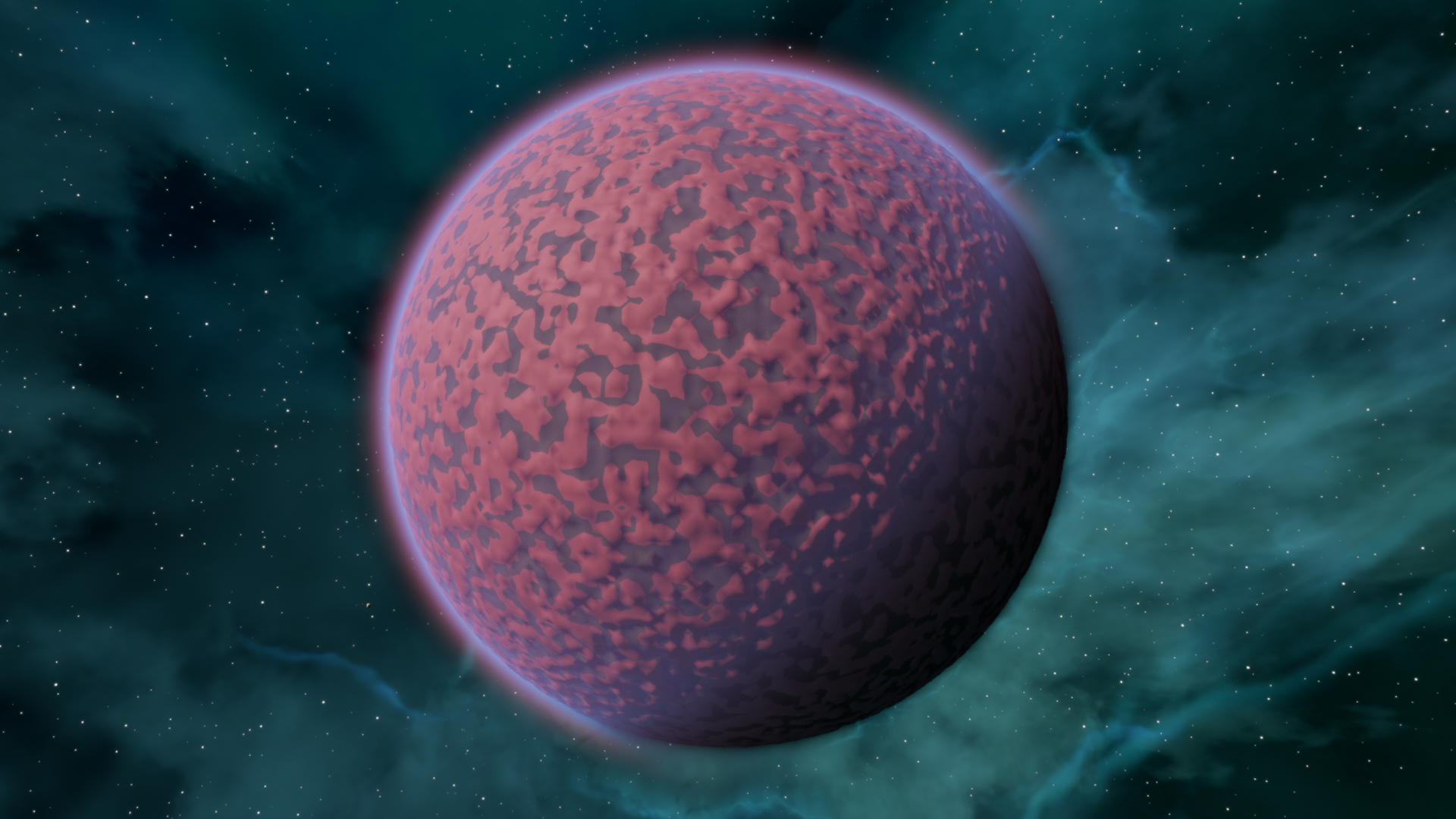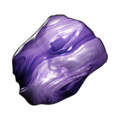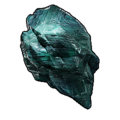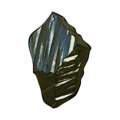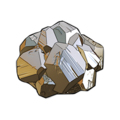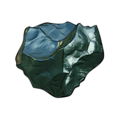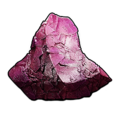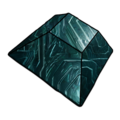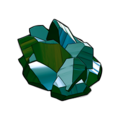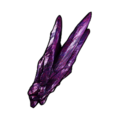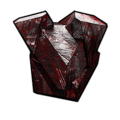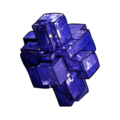Difference between revisions of "Ostrum"
Jump to navigation
Jump to search
| (2 intermediate revisions by one other user not shown) | |||
| Line 9: | Line 9: | ||
}} | }} | ||
{{SB Infobox Celestial Body General Information | {{SB Infobox Celestial Body General Information | ||
|pronunciation={{IPAc-en|ˈ| | |pronunciation={{IPAc-en|ˈ|oʊ|s|.|t|r|ʌ|m}} | ||
|languageOrigin=[[wikipedia:Classical_Latin|Classical Latin]] | |languageOrigin=[[wikipedia:Classical_Latin|Classical Latin]] | ||
|ipaKey=[[wikipedia:Latin_pronunciation|key]] | |ipaKey=[[wikipedia:Latin_pronunciation|key]] | ||
| Line 41: | Line 41: | ||
|Lukium | |Lukium | ||
}} | }} | ||
}}<section begin=summary/>'''Ostrum''' ({{IPAc-en|ˈ| | }}<section begin=summary/>'''Ostrum''' ({{IPAc-en|ˈ|oʊ|s|.|t|r|ʌ|m}}) is the uniquely colored moon of [[Amethystos]], orbiting at a range just shy of 400 kilometers. Elevations on the subsatellite are relatively un-extreme, and consist mostly of flat basins and slightly raised plateaus. The highest portions of its crust are a pinkish coral, and in combination with the blueish hue of its atmosphere, are from where its namesake is derived.<section end=summary/> | ||
==Nomenclature== | ==Nomenclature== | ||
From [[wikipedia:Classical_Latin|Classical Latin]], ostrum refers to the bluish purple blood of a sea snail. | From [[wikipedia:Classical_Latin|Classical Latin]], ostrum refers to the bluish purple blood of a sea snail. | ||
[[Category:Moons]] | |||
[[Category:Atmosphere - Surtrite/Karnite]] | [[Category:Atmosphere - Surtrite/Karnite]] | ||
Latest revision as of 00:52, 4 August 2024
Ostrum
Pronunciation/ˈoʊs.trʌm/
(Classical Latin) - IPA(key)
(Classical Latin) - IPA(key)
AliasesFerrum
ClassificationSubmoon
Satellite ofAmethystos
Location1st moon of Amethystos
Orbital Distance~ 400 km
Moon Characteristics
Volume5.24×105 km
Diameter100 km
Atmospheric Height7 km
Crust MaterialValkite
Surface Gravity0.8 G
Gravity Well20 km
Notable Minerals
Ostrum (/ˈoʊs.trʌm/) is the uniquely colored moon of Amethystos, orbiting at a range just shy of 400 kilometers. Elevations on the subsatellite are relatively un-extreme, and consist mostly of flat basins and slightly raised plateaus. The highest portions of its crust are a pinkish coral, and in combination with the blueish hue of its atmosphere, are from where its namesake is derived.
Nomenclature
From Classical Latin, ostrum refers to the bluish purple blood of a sea snail.
